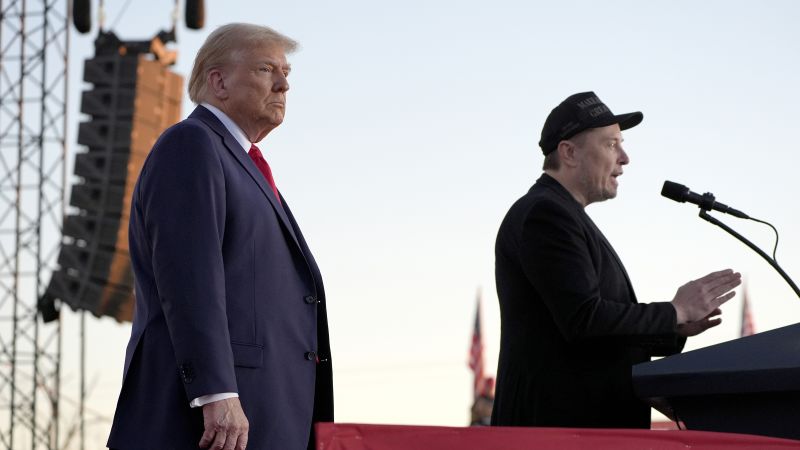Last month, it was revealed that former President Donald Trump’s campaign had discussions with Elon Musk’s X regarding hacked Trump campaign materials circulating on social media. The materials, allegedly the result of an Iranian government-supported hacking operation, contained internal communications from a senior Trump campaign official and information on Senator JD Vance before he was named Trump’s running mate. The independent journalist who published these materials, Ken Klippenstein, was subsequently banned from the platform, X, for violating rules on posting private information.
After publishing the dossier on Substack, Klippenstein’s X account was suspended and later permanently banned for violating the platform’s rules. The Trump campaign had conversations with X officials regarding the hacked materials before Klippenstein was banned and links to his newsletter were blocked. While the campaign did not push X officials to remove the links, X made the decision independently. The aggressive suppression of the dossier by X contrasted with Meta’s more nuanced approach, which blocked users from sharing Klippenstein’s newsletter but allowed his Instagram and Facebook accounts to remain active.
Klippenstein was not the only recipient of the dossier, as other media outlets such as Politico, The New York Times, and The Washington Post were also contacted by individuals offering similar private documents from inside the Trump campaign. X’s decision to block links to the newsletter came after Musk released Twitter company documents claiming government coercion in censoring links. Musk, who acquired Twitter and renamed it X in 2022, has presented the platform as a free, digital public square while railing against censorship. However, the ban on Klippenstein and suppression of links to his newsletter in connection with the Trump campaign raised questions about the platform’s favoritism towards Trump.
Musk has been known to use his X platform to promote Trump’s candidacy and has donated millions of dollars to a pro-Trump super PAC he founded. Musk’s appearance at a rally with Trump in Pennsylvania and his comments to Tucker Carlson about continually criticizing Vice President Kamala Harris and being in trouble if Trump loses the election further illustrate his strong support for Trump. The actions taken by X in blocking links to the hacked materials and banning Klippenstein call into question the platform’s commitment to free speech and its potential bias towards Trump.
Overall, the interactions between the Trump campaign, Elon Musk’s X platform, and the publication of hacked materials have raised concerns about censorship, privacy, and political influence on social media platforms. The actions taken by X in suppressing the dossier, banning Klippenstein, and blocking links to the newsletter suggest a preference for Trump and raise questions about the platform’s commitment to free expression. Musk’s involvement in promoting Trump’s candidacy and his efforts to create a “free, digital public square” through X further complicate the situation and highlight the complexities of political discourse in the digital age.


